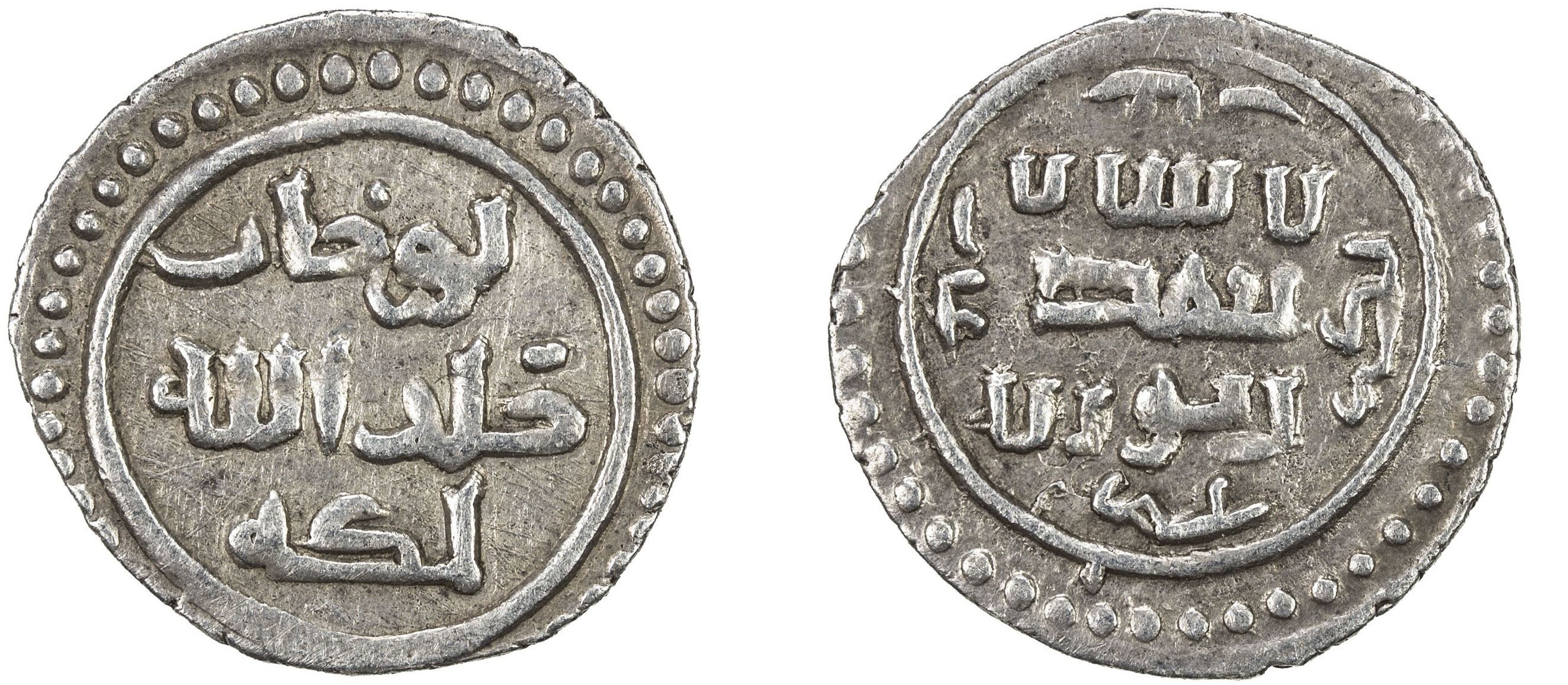Akçe on:
[Wikipedia]
[Google]
[Amazon]
 The ''akçe'' or ''akça'' (also spelled ''akche'', ''akcheh''; ota, آقچه; ) refers to a
The ''akçe'' or ''akça'' (also spelled ''akche'', ''akcheh''; ota, آقچه; ) refers to a
 Weight of akçe in grams of silver and index.
Weight of akçe in grams of silver and index.

Ottoman coins
September 1, 2013 - A huge treasure of 47,000 silver Akçe discovered in Goleşti, Romania
Coins of the Ottoman Empire Silver coins Medieval currencies {{Ottoman-stub
silver coin
Silver coins are considered the oldest mass-produced form of coinage. Silver has been used as a coinage metal since the times of the Greeks; their silver drachmas were popular trade coins. The ancient Persians used silver coins between 612–33 ...
which was the chief monetary unit of the Ottoman Empire
The Ottoman Empire, * ; is an archaic version. The definite article forms and were synonymous * and el, Оθωμανική Αυτοκρατορία, Othōmanikē Avtokratoria, label=none * info page on book at Martin Luther University) ...
. The word itself evolved from the word "silver or silver money", this word is derived from the Turkish ''ak'' ("white") and the diminutive suffix -''ça''. Three ''akçe''s were equal to one ''para
Para, or PARA, may refer to:
Businesses and organizations
* Paramount Global, traded as PARA on the Nasdaq stock exchange
* Para Group, the former name of CT Corp
* Para Rubber, now Skellerup, a New Zealand manufacturer
* Para USA, formerly ...
''. One-hundred and twenty ''akçe''s equalled one ''kuruş
Kuruş ( ; ), also gurush, ersh, gersh, grush, grosha, and grosi, are all names for currency denominations in and around the territories formerly part of the Ottoman Empire. The variation in the name stems from the different languages it is us ...
''. Later after 1687 the ''kuruş'' became the main unit of account, replacing the ''akçe''. In 1843, the silver ''kuruş'' was joined by the gold lira in a bimetallic system. Its weight fluctuated, one source estimates it is between 1.15 and 1.18 grams. The name ''akçe'' originally referred to a silver coin but later the meaning changed and it became a synonym for money.
The mint in Novo Brdo
Novo Brdo ( sr-Cyrl, Ново Брдо), or Novobërda and Artana ( sq-definite, Novobërdë or ''Artanë''), is a municipality located in the Pristina district of Kosovo. According to the 2011 census, it has a population of 6,729 inhabitants. T ...
, a fortified mining town in the Serbian Despotate
The Serbian Despotate ( sr, / ) was a medieval Serbian state in the first half of the 15th century. Although the Battle of Kosovo in 1389 is generally considered the end of medieval Serbia, the Despotate, a successor of the Serbian Empire and ...
rich with gold and silver mines, began to strike ''akçe'' in 1441 when it was captured by the Ottoman forces for the first time.
The Suleiman Mosque
Suleiman (Arabic: سُلِيمَان ''sulaymān''; or dictionary.reference.comsuleiman/ref>) is the Arabic name of the Quranic king and Islamic prophet Solomon meaning "man of peace", derived from the Hebrew name Shlomo.
The name is also spe ...
in Istanbul
Istanbul ( , ; tr, İstanbul ), formerly known as Constantinople ( grc-gre, Κωνσταντινούπολις; la, Constantinopolis), is the List of largest cities and towns in Turkey, largest city in Turkey, serving as the country's economic, ...
is said to have cost 59 million ''akçe'' when it was constructed in the 1550s. This amount is said to have equalled 700,000 ducat
The ducat () coin was used as a trade coin in Europe from the later Middle Ages from the 13th to 19th centuries. Its most familiar version, the gold ducat or sequin containing around of 98.6% fine gold, originated in Venice in 1284 and gained wi ...
s in gold
Gold is a chemical element with the symbol Au (from la, aurum) and atomic number 79. This makes it one of the higher atomic number elements that occur naturally. It is a bright, slightly orange-yellow, dense, soft, malleable, and ductile met ...
(probably Venetian).
Devaluation

See also
* AkşaReferences
External links
Ottoman coins
September 1, 2013 - A huge treasure of 47,000 silver Akçe discovered in Goleşti, Romania
Coins of the Ottoman Empire Silver coins Medieval currencies {{Ottoman-stub